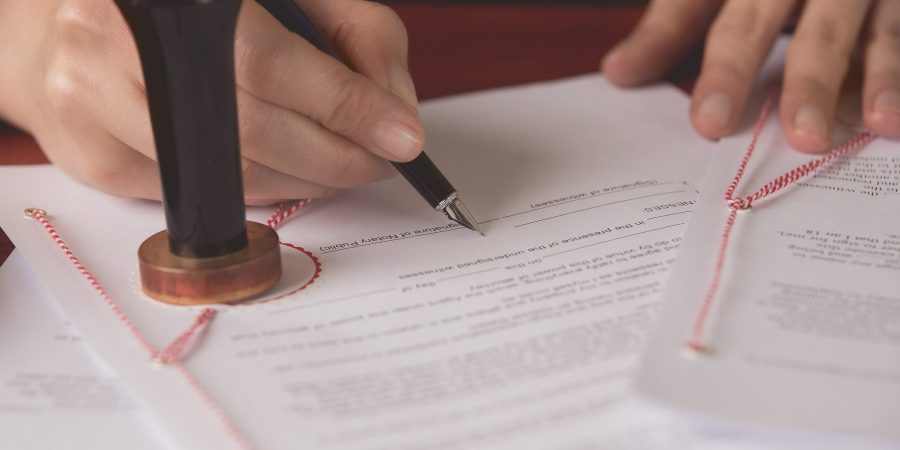Goodbyes are never easy. So how do you best prepare for a peaceful transition for your loved ones when it comes to your end-of-life? According to the recent study by Canadian research firm, Leger Marketing, only 49% of Canadians have a will. Having a will may provide clarity to your loved ones as it can leave instructions about how your assets will be passed on. In this blog post, we’ll share some basic information about a will.
Before we begin, while Consumer Protection BC does license and regulate the funeral industry, wills are not regulated in any way by Consumer Protection BC. We would like to credit the Canadian Bar Association (British Columbia Branch), the Financial Consumer Agency of Canada and The People’s Law School for the information provided in this blog post.
What is a will?
The Canadian Bar Association (British Columbia Branch) defines a will as a legal document that states what you want done with your property when you die. Examples of property dealt with by wills include real estate, money, investments, and personal or household belongings that you own. You can change your will at any time. Also, a will has no legal effect until you die.
A will can also identify who will care for your minor children and provide direction on funeral and burial preparations.
When do I make a will
According to The People’s Law School, you can make a will at any time. You may want to make a will if you marry or if you start a family. Even if you don’t marry or have children, or don’t have many assets, it’s still a good idea to make a will so that you can leave your belongings to the special people in your life.
Also, consider making a will when you are in good health. To make a will, you need to be mentally capable. Your mental capability can be affected by illness, accidents or drug treatment.
What happens if you don’t make a will?
The Canadian Bar Association (British Columbia branch) explains that when there’s no will, your net estate is distributed to your next of kin according to rules set out in the new Wills, Estates and Succession Act. You can visit their website here for more information on this topic.
Benefits of having a will:
There are many benefits of having a will but here are some of the highlights from the Financial Consumer Agency of Canada website. In a will, you can:
- name someone to be responsible for carrying out your wishes
- appoint a person to look after your children if you die while they are minors
- arrange your assets’ distribution so that you will pay only the minimum taxes necessary
- use insurance to cover costs, provide for your survivors and pass on assets
If you don’t have a will already, or your life circumstances have changed since your last will, this may be a good time to start thinking about having a will or updating one. To learn more about writing your will and legal requirements, here are some resources:
- The People’s Law School – Writing your will
- The Government of British Columbia – Wills and estate planning
We hope this information was helpful. If you have resources or tips that you found useful when creating your will, please share them in the comments section of our blog.
ADDITIONAL READING:
Have you had “The Talk?” Top 5 things you need to know about funeral services
Your preneed cemetery or funeral services contract rights



I personally think that most should write out a will as soon as they can. You never know when things are going to happen! I like that you said, it doesn’t matter if you don’t have a lot of assets, writing one out can still be meaningful.